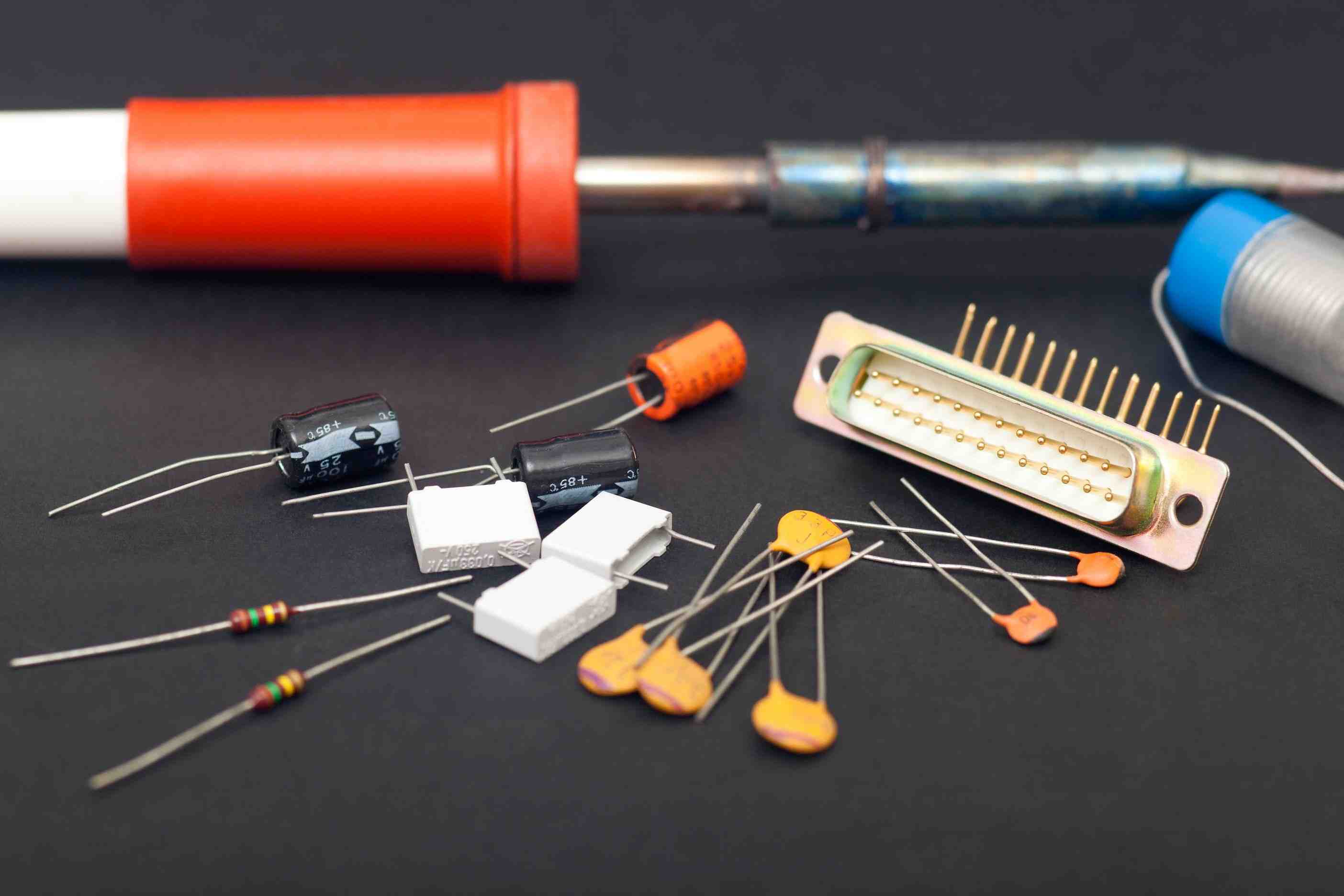




























Board-level failure analysis is a professional technical project focused on conducting in-depth investigation and analysis of circuit board-level faults in electronic devices.

| Project Overview
Board-level failure analysis is a professional technical project focused on conducting in-depth investigation and analysis of circuit board-level faults in electronic devices. The purpose of this project is to utilize advanced instruments and equipment such as high-performance oscilloscopes and high-precision, low-ripple, low-noise power supplies, combined with circuit theory knowledge, to carry out comprehensive testing and analysis of failed circuit board samples, thereby pinpointing the failure location, analyzing the failure modes and mechanisms, and ultimately identifying the root cause of the failure.
| Test Objective
1. Locating the failure site: by employing advanced testing equipment and technical approaches, the failed area or component on the circuit board can be quickly and accurately identified.
2. Analyzing failure modes and mechanisms: by conducting an in-depth investigation into the manifestations of the failure and the underlying causes, the physical or chemical processes responsible for the failure are revealed.
3. Identifying the root cause of failure: through comprehensive analysis of test data in conjunction with circuit principles, the fundamental cause of the failure is determined, thereby providing a scientific basis for subsequent corrective measures.
| Testing Standards
GJB 548C-2021
| Service Products / Fields
The board-level failure analysis project finds extensive application across a wide range of product domains, including communications, automotive electronics, household appliances, LED drivers, switch-mode power supplies, energy storage, and photovoltaic systems. In these fields, the circuit board, as the core component of electronic devices, plays a critical role in ensuring overall reliability and stability.
Once a failure occurs, it will directly affect the performance and service life of the product, and may even trigger safety incidents. Therefore, the board-level failure analysis project holds extremely high application value in these industries.
| Project Advantages
1. Accurate root cause identification: by employing advanced testing equipment and methodologies, failure sites can be precisely located and their root causes identified, providing strong support for subsequent corrective actions.
2. Enhancing product reliability: through in-depth analysis of failure modes and mechanisms, circuit design can be optimized and manufacturing processes improved, thereby increasing the overall reliability and stability of the product.
Resolving after-sales issues: promptly and accurately identifying root causes of failures helps to quickly resolve after-sales problems, reduce customer complaint rates, and enhance brand reputation.
3. Laying the foundation for improvements: the board-level failure analysis project establishes a solid basis for subsequent product improvements, production optimization, or application expansion, thereby supporting sustained enterprise development and innovation.
| MTT Advantages
1. Professional Team: A team of highly experienced testing engineers and technical experts.
2. Advanced Equipment: Equipped with internationally leading testing instruments to ensure accuracy and reliability of results.
3. Efficient services: by responding quickly to customer requirements, the project delivers one-stop, high-efficiency testing services.
4. Authoritative Certification: The laboratory is certified by ISO/IEC 17025, ensuring that test reports have international credibility.
The board-level failure analysis project is a specialized technical initiative with significant application value and considerable technical challenges. Through the implementation of this project, the reliability and stability of electronic products can be significantly enhanced, providing strong assurance for the sustainable growth of enterprises.